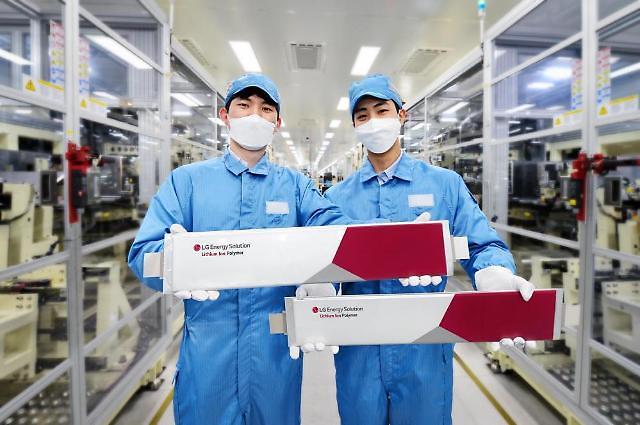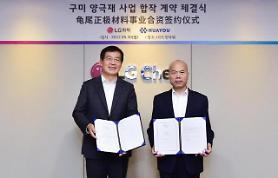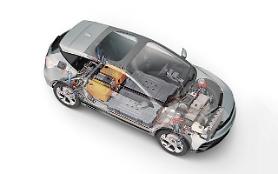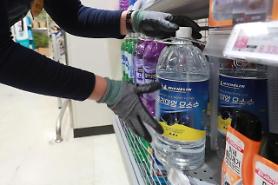
[Courtesy of LG Energy Solution]
SEOUL -- As a solution to secure a stable supply chain of raw materials and check China's superior position in pricing, South Korea's leading steel group POSCO thinks about establishing an international commodity exchange specializing in materials for electric vehicle batteries.
A specific plan may come after POSCO completes the review of related systems and laws, although it requires consent from South Korean battery makers and raw material companies, which are struggling with soaring prices in battery-grade minerals such as nickel, cobalt, manganese and lithium.
Experts believe that the domestic market satisfies the demand for the establishment of an exchange at a time when South Korean companies including LG Energy Solution (LGES), Samsung SDI, and SK On are locked in a fierce battery war with Chinese rivals.
The steel group has become a key supplier at home with a supply chain of battery materials through POSCO Chemical and other group units. However, its logistics warehouse is not big enough to handle global resource exchanges, prompting market watchers to theorize about futures trading which is more advantageous in pricing.
"It is not easy to establish a resource exchange, but there is a high need to reduce dependence on China," said Kim Kyung-hoon, a researcher at the Korea International Trade Association (KITA). "POSCO has already expanded its business to anode and cathode materials through subsidiaries, and it has enough power to push for the establishment of an exchange in consideration of domestic and overseas situations."
KITA data showed that 79 percent of South Korea's precursor demand is dependent on imports, with China pocketing more than 90 percent of payments. Precursors are raw materials for cathodes, which are manufactured by combining nickel and other metals.
The exchange is a place that brokers a number of corporate transactions. Since the volume of transactions is much larger than that of individual companies, it is easy to secure leadership in transactions with mining companies. Experts suggest that battery-based exchanges are essential to reduce dependence on China, stabilize South Korea's core industries, and stabilize prices.
The outlook is not bleak as South Korea will be able to win support from the United States and its allies which may regard an exchange in South Korea to check China.
"Prices have recently been quite disturbed in the market. Looking at the background, we could see what roles main players such as China played," a KITA official said on condition of anonymity. "After all, we've reached the conclusion that South Korea also needs to have a commodity exchange because it will play a big role in determining more transparent market prices and stabilizing supply and demand."
For POSCO, Japan is a potential competitor because companies like Sumitomo, a general trading company in Japan, have been mentioned as candidates for the establishment of an exchange. "If we don't, Japan will eventually do it. In that case, South Korea should read the minds of both China and Japan," said an unnamed POSCO official.
The steel group regards battery materials as its next growth engine. At a session with investors on July 5, POSCO Holdings revealed a goal to produce 610,000 tons of cathode materials, 320,000 tons of anode materials, 300,000 tons of lithium and 22,000 tons of nickel annually by 2030. However, South Korean companies are heavily dependent on cobalt provided by Chinese companies.
South Korean battery companies have focused on investment in production facilities, while Chinese companies including Contemporary Amperex Technology (CATL) have made massive investments in minerals to enhance their competitiveness and influence over raw material trading.
A battery material exchange can help reduce the burden of investment on materials. "Domestic battery companies have been investing less in minerals than their market share, but this gap could be somewhat bridged," said a credit-rating agency official.
Copyright ⓒ Aju Press All rights reserved.



